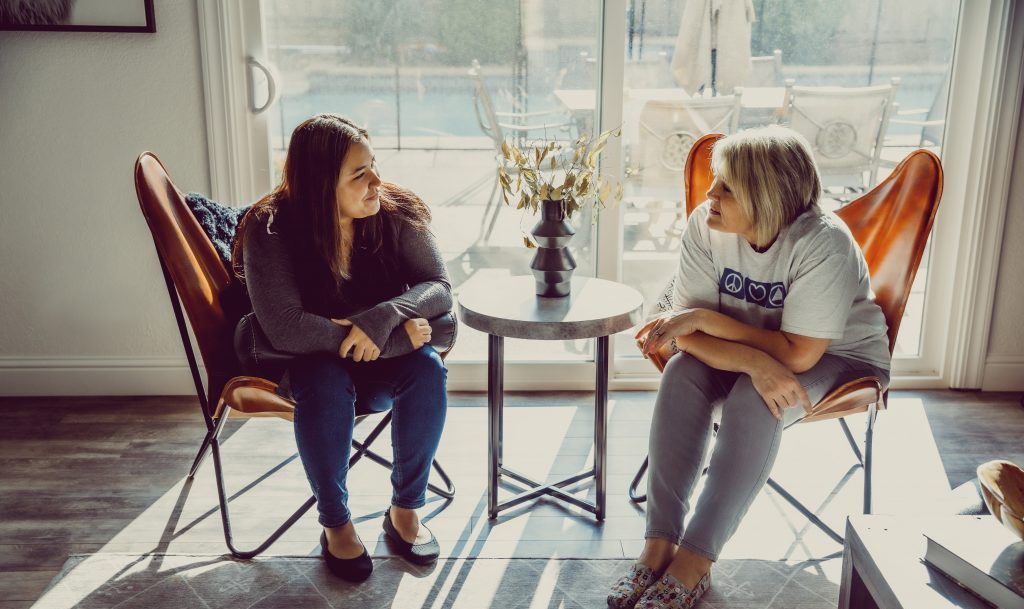It’s not always a good idea to confront an addict alone. You may want to consult with a professional well-versed in conducting interventions, such as a counselor, social worker or therapist. Having an intervention specialist present can help diffuse highly charged emotions both from the addicted loved one and those involved in the intervention.
Because addiction can change your loved one’s brain chemistry, all they may be able to focus on and think of is the substance they’re addicted to. A successful intervention could be just the thing they need to help trigger a moment of clarity so they can realize how their actions have impacted those they love.






